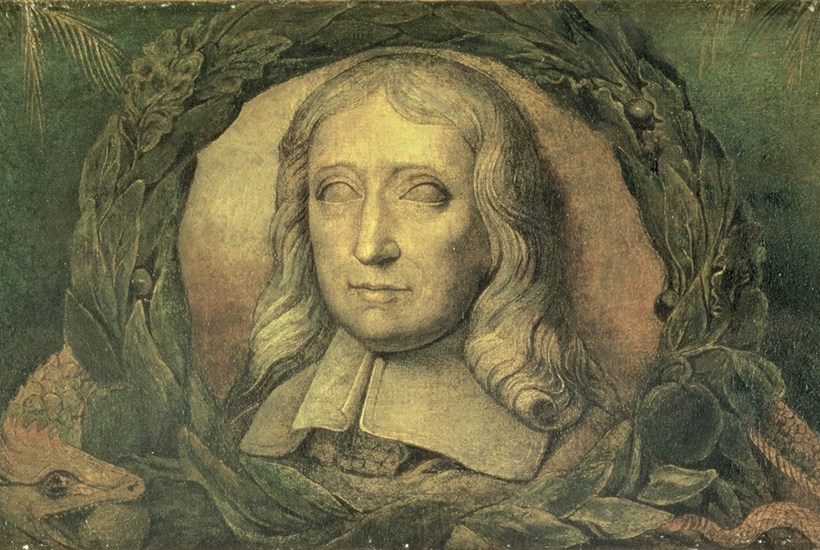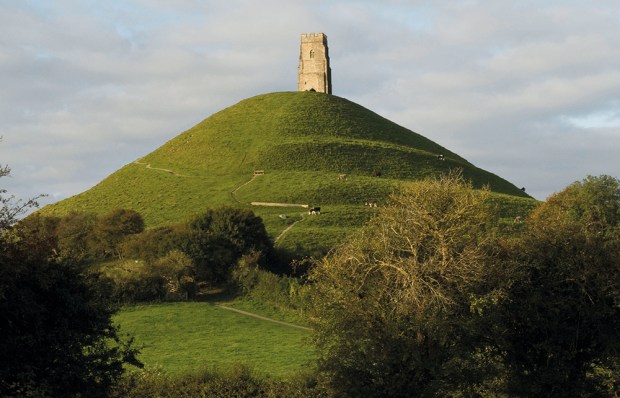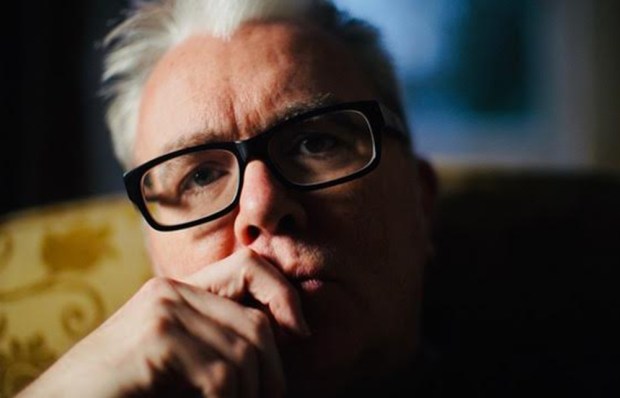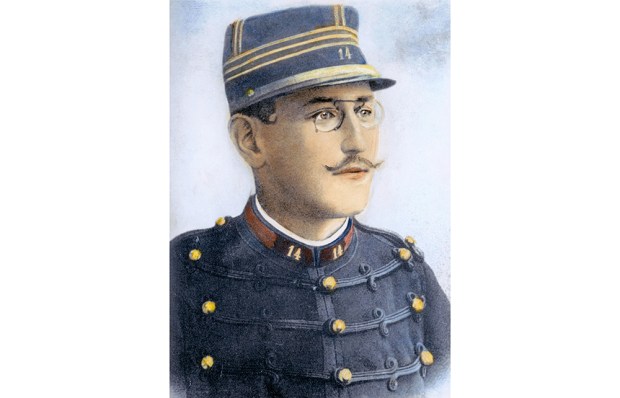When E. Nesbit published Wet Magic in 1913 (a charming novel in which the children encounter a mermaid), she took it for granted that her young readers would immediately pick up the references to ‘Sabrina Fair’ from Milton’s Comus. Phrases from Milton were part of the language — ‘Tomorrow to fresh woods’; ‘Better to reign in hell than serve in heaven’. Milton was central to the shared experience of life itself for those who spoke English.
Throughout the 18th and 19th centuries Milton was inside every literate anglophone head. If Harold Bloom is to be believed, which I think he is in this respect, the English romantic movement grew out of young poets reacting to, against and with Milton. Darwin voyaged on HMS Beagle with Paradise Lost in his pocket, and it was its splendid, joyful Book VIII which he took to be the Christian doctrine of the origin of species.
Then, some time in the mid- to late- 20th century, it all went. True, Milton is the most learned of all our great poets, and his poetry is heavy with allusion to the Latin and Greek classics we no longer know, and to Italian poetry, as well as to that now all but unread text, the Bible. Joe Moshenska is professionally committed to creating a readership for Milton among those for whom Genesis, Virgil, Homer and Tasso are closed books.
He does so by revisiting some of the topographical settings of Milton’s life and relating them to the poems. It’s a great imaginative exercise, since, apart from the cottage at Chalfont St Giles near Amersham, all Milton’s homes and haunts have been demolished. But this is not a topographical book. It is an inner pilgrimage.
‘At a Solemn Music’ takes us to Milton’s childhood home in London. As John Aubrey reminds us, the young boy ‘had a delicate tuneable voice and good skill; his father instructed him; he had an organ in his house; he played on it most’. There is a brilliant chapter on Milton’s schooling at St Paul’s, and his redoubtable headmaster Alexander Gil, who taught him Latin, Greek and Hebrew.
Moshenska’s exposition of Milton’s Italian poetry explores his friendship with Charles Diodati, who this author believes to have been ‘the love of Milton’s life’. Difficult to know where he gets this from, but his reflections are interesting all the same, not least the fact that ‘Lycidas’, Milton’s poem about the death of Edward King, whom he did not know well, seems to be more heartbroken and heart-searching than his poem on the death of Diodati, who was a real pal.
Milton’s journey to Italy leads us to his supposed meeting with Galileo, to his memory of the autumn leaves that strew the brooks in Vallombrosa, and his visit to Rome. He heard the soprano Leonora Baroni sing at a concert given in the presence of Cardinal Francesco Barberini, the nephew of Pope Urban VIII.
Nam tua praesentem vox sonat ipsa Deum, Milton wrote: ‘The sound of your voice makes it clear that God is present.’ Moshenska understandably makes much of the fact that the architecture of Pandemonium in Paradise Lost resembles that of St Peter’s:
Built like a Temple, where pilasters roundWere set, and Doric pillars overlaidWith golden architrave; nor did there wantCornice or frieze, with busy sculptures graven,The roof was fretted gold.
Clearly, by the time of his full maturity Milton had ceased to be an orthodox Christian; his Latin book De doctrina Christiana, reveals that he did not believe in the Trinity, for example. He went on to become the Latin Secretary in Cromwell’s government and was in serious danger after the Restoration in 1660 of being executed as a regicide.
Anyone who has studied Milton’s life alongside his poetry will have mused on the paradoxes in Paradise Lost. William Blake, Milton’s most imaginative interpreter, believed that Milton had unconsciously made Satan the hero of his epic; and it is true that some of the most thrilling lines in the poem — ‘What though the field be lost’ etc — are those of a hero who, like Milton and his republican friends, has risen in arms against ‘th’Omnipotent’, and in the end been defeated. The epic was designed to ‘justify the ways of God to men’ — no modest task, and you can see why William Empson, in a famous demolition job, wrote that ‘The Christian God the Father… is the wickedest thing yet invented by the black heart of man’ (in a book called Milton’s God).
Moshenska’s book, though, is more nuanced than Empson’s and reminds us of why and how Paradise Lost was once central to the way English speakers understood their faith. He is a bit dismissive of C.S. Lewis, who for my money wrote the best book on Paradise Lost, and I still believe that when the blind poet dictated his epic he at least tried to lay aside his heterodox opinions.
Moshenska takes a slightly different view. His sympathetic yet challenging account will undoubtedly win Milton new readers — and for that a chorus of Hallelujahs.
Got something to add? Join the discussion and comment below.
Get 10 issues for just $10
Subscribe to The Spectator Australia today for the next 10 magazine issues, plus full online access, for just $10.
You might disagree with half of it, but you’ll enjoy reading all of it. Try your first month for free, then just $2 a week for the remainder of your first year.














Comments
Don't miss out
Join the conversation with other Spectator Australia readers. Subscribe to leave a comment.
SUBSCRIBEAlready a subscriber? Log in